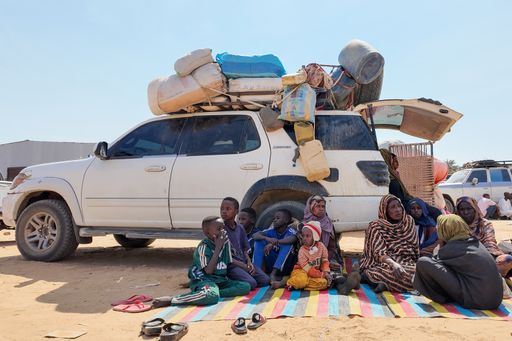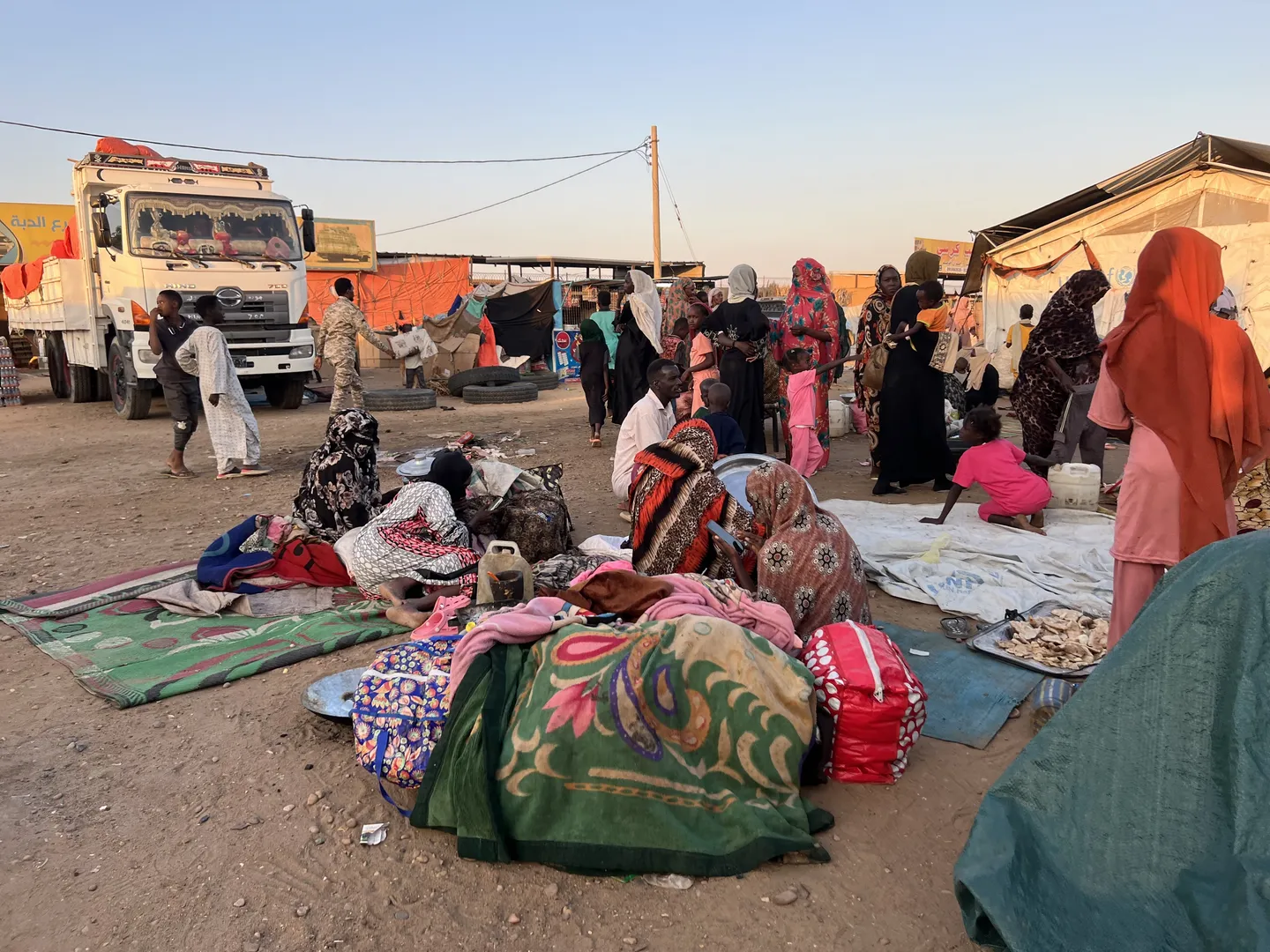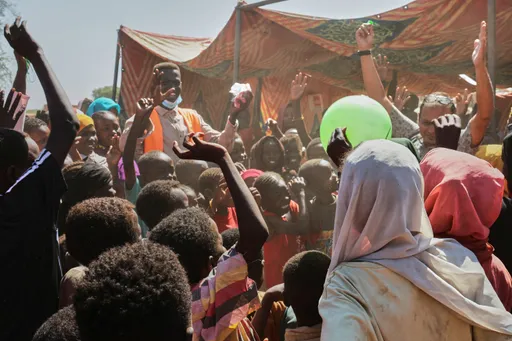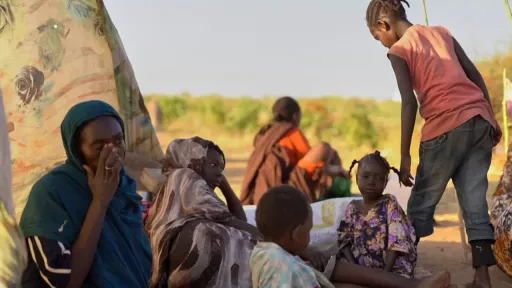At a clinic in Sudan’s North Darfur, dozens of emaciated children lie on cots and men with bandaged wounds wait for surgery — survivors of a desperate escape from the city of Al Fasher, captured last week by the paramilitary Rapid Support Forces (RSF).
They are among up to 10,000 people who reached the nearby town of Tawila after fleeing Al Fasher, now under RSF control following an 18-month siege. The Doctors Without Borders (MSF)-run clinic is one of the few places still providing medical care in a region on the brink of collapse.
Al Fasher, the last army-held city in Darfur, endured months of bombardment and starvation before falling. Witnesses reported mass killings after the RSF takeover, and many residents remain unaccounted for.

Fleeing on donkey carts and on foot
According to the International Organization for Migration, more than 60,000 people fled Al Fasher, though their whereabouts remain unknown. As many as 200,000 others may still be trapped inside.
Fatuma, one of the patients at the MSF clinic, recounted fleeing the city on a donkey cart with three orphaned children whose parents were killed in a drone strike.
“They made us lay the baby on the ground and took everything we had,” she said, describing how RSF soldiers stopped them on the road. She eventually reached the clinic with the surviving infant.
Abdallah, another patient awaiting surgery, said he saw “more than a thousand bodies on the road” during his escape. “People left in chaos — carrying children in wheelbarrows, on donkey carts, or on foot. Everyone was injured,” he said. Reuters could not independently verify his account.
The RSF has claimed its militants were ordered to protect civilians and said any violations would be punished. But rights groups and US officials have long accused the force of committing atrocities and ethnic cleansing in Darfur.
'People are arriving extremely emaciated'
MSF officials in Tawila say all children screened were malnourished, with 170 arriving unaccompanied. “People are arriving extremely emaciated,” said Sylvain Penicaud, MSF’s project coordinator.
A global hunger monitor found that Al Fasher was already in famine before its fall, conditions expected to persist into early 2026.
MSF teams have treated nearly 1,000 trauma cases from road attacks and inside Al Fasher itself, said medical worker Mouna Hanebali.
“The city’s last hospital was under constant attack and deprived of antibiotics and gauze,” she added. “We’re seeing infected wounds and unstable fractures that need repeat surgeries.”
Cholera fears as survivors arrive
While MSF’s medical supplies in Tawila remain adequate, the agency warned of worsening sanitation and limited access to clean water. The town was hit by a cholera outbreak during the rainy season, and a new case was confirmed on Sunday.
Penicaud said it was unclear if the case marked a new outbreak. “We’re still assessing, but the conditions are dire,” he said.
With famine deepening, tens of thousands missing, and entire families torn apart, aid groups say Sudan’s war — now in its third year — has created one of the world’s worst humanitarian disasters.




















